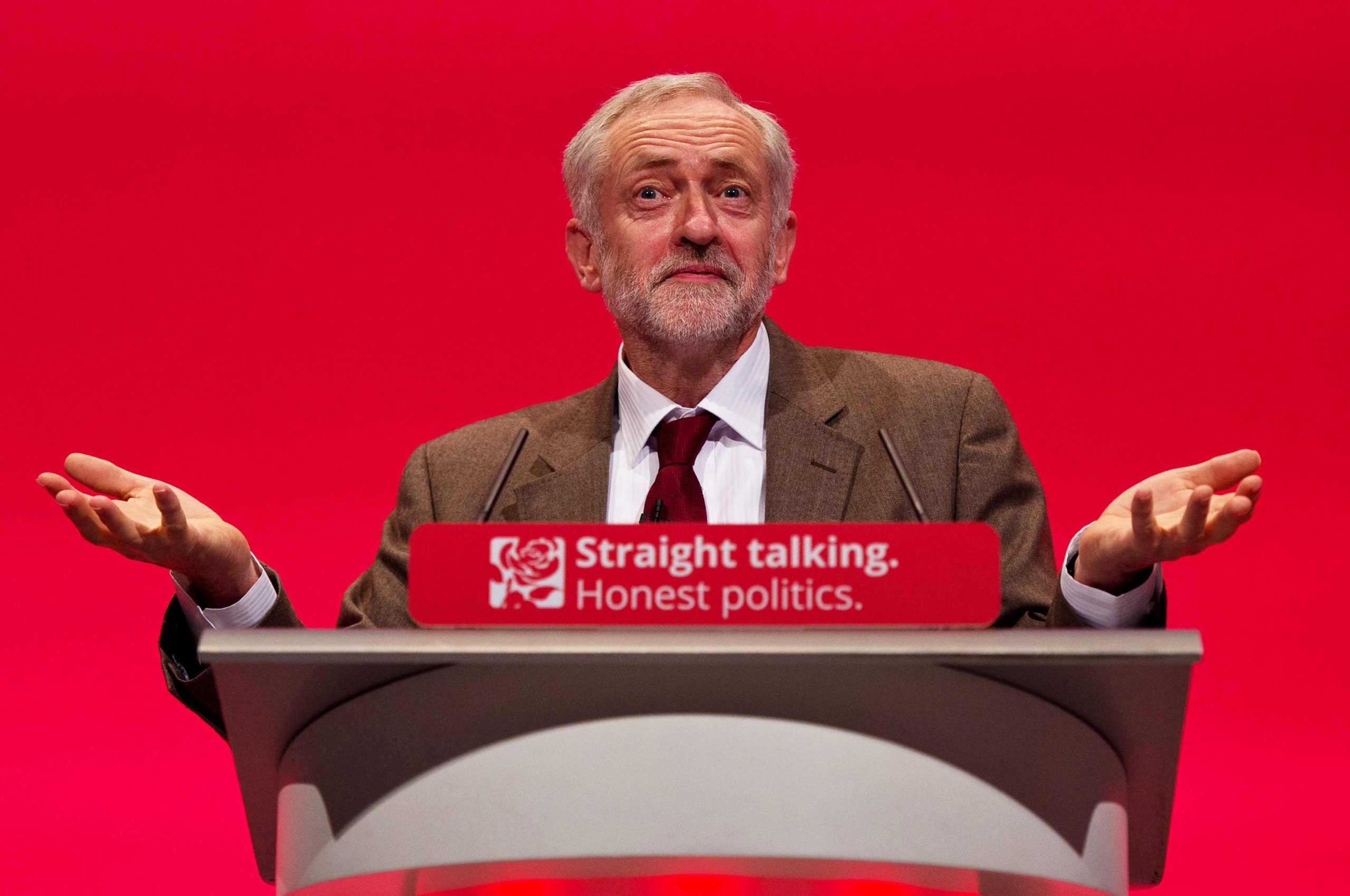
Addressing a newly elected Conservative MP, Winston Churchill explained that while “the opposition occupies the benches in front of you . . . the enemy sits behind you”. After his contretemps with Boris Johnson, David Cameron might agree. The Mayor of London’s leadership ambitions have made the EU referendum debate profoundly personalised.
For Labour, the Conservatives’ schism over Europe was supposed to be the consolation prize for losing an election. Cameron’s victory committed him to holding a referendum that would divide his party more than any issue since the Corn Laws. Labour MPs spoke gleefully of the damage that would be wreaked on the Tories.
The split has been as deep as anticipated. Nearly half of the 331 Conservative MPs have publicly backed EU withdrawal – and even more do so privately. Labour, by comparison, is unusually united. Of the party’s 230 MPs, 221 support EU membership, including the entire front bench.
Yet the talk among Labour figures is of an opportunity missed. Many fondly recall the moment in 1997 when Tony Blair denounced John Major as “weak, weak, weak” for failing to impose a joint line on the euro. Such are Labour’s divisions that Jeremy Corbyn cannot credibly echo this rhetoric. “It just rings so hollow,” a shadow minister told me. In his response to Cameron’s Commons statement, Corbyn derided him for “failing to appease” half of his MPs. Yet the Labour leader has cause to envy this degree of discipline. More than half of his MPs reject his opposition to Trident renewal and most want him replaced before the next general election.
By way of confirmation, the Labour benches greeted Cameron’s performance far more enthusiastically than they did Corbyn’s. After cheering the Prime Minister’s barbs at Johnson, they laughed when the Tory MP Christopher Pincher heckled Corbyn, who said that when he’d met European leaders that week, they had one question for him: “Who are you?” shouted Pincher, prompting gales of laughter. Several on the Labour side remarked afterwards that the two leaders should swap places.
The suggestion is far from absurd. Having voted against membership of the European Economic Community in the 1975 referendum, the Maastricht Treaty in 1993 and the Lisbon Treaty in 2008, Corbyn has more in common with Tory Eurosceptics than with Labour Europhiles. He stands in the left-wing sovereigntist tradition exemplified by Tony Benn. Interviewed in the New Statesman last July, he said that he had not “closed [his] mind” to EU withdrawal. As a result of the overwhelming support for membership among both MPs and activists, he relinquished this stance four days after becoming leader. But he remains a reluctant EU advocate. He struggles to make a passionate case for remaining in the EU because he does not believe there is one to be made.
Labour’s pro-Europeans hoped to make a virtue of the referendum by leading from the front. They spoke of repairing relations with business strained by Ed Miliband’s policies. Corbyn, however, is far happier denouncing Cameron’s renegotiation than he is defending the EU.
At the Parliamentary Labour Party meeting on 22 February, Wes Streeting MP warned that Corbyn’s attack on “City of London interests” risked undermining the London mayoral candidate Sadiq Khan. The anti-EU stance of his Conservative rival, Zac Goldsmith, is regarded by Khan’s team as another chance to display his pro-business credentials. There is no part of the country that is more supportive of EU membership than London – but some MPs fear that “the Corbyn factor” could cost Khan victory.
Others are concerned that overenthusiastic support for EU membership will widen the divide between Labour and Eurosceptic voters. At a recent shadow cabinet meeting, Andy Burnham warned of the danger of appearing to be part of “the establishment case” for Europe. Just as the Scottish National Party turned referendum defeat into electoral victory, so he and others fear a comparable surge for Ukip (which is in second place in 44 Labour seats). Northern MPs grimace at Corbyn’s dismissal of Cameron’s planned curbs on migrant benefits as “irrelevant”. The Labour leader’s fusion of Euroscepticism with open-borders idealism alienates two sections of the party at once.
A third left-wing group laments that Corbyn has done too little to promote an alternative vision of a “people’s Europe”. It argues that he should draw inspiration from the new movement launched by the former Greek finance minister Yanis Varoufakis, which asserts that the EU must “democratise” or “disintegrate”. With only about 20 Labour MPs enthused by Europe’s radical left, Corbyn is short of willing evangelists. United on the need to remain in the EU, the party is divided on its future trajectory.
Though they will not say so publicly, Cameron and George Osborne are aware of Labour’s pivotal role in the referendum. While more than half of Tory voters are opposed to EU membership, two-thirds of Labour voters are supportive. A victory for Remain is reliant on the Labour turnout on 23 June. Pro-EU strategists warn that their side’s lead, which extends to double digits in some polls, is “soft”. The referendum is defined by two ironies: a Eurosceptic Conservative prime minister making the case for the EU, relying on Labour voters to win.
Despite the opposition’s psephological relevance, it has rarely been more marginalised politically. Until 23 June, Corbyn risks appearing to be the leader of the opposition in name only. For practical purposes, the role has been assumed by Boris Johnson. This split should give Labour cause for celebration: voters ordinarily shun divided parties. But as the Conservative drama dominates, Corbyn must struggle to avoid a worse fate: irrelevance.
This article appears in the 24 Feb 2016 issue of the New Statesman, The Boris Backlash






